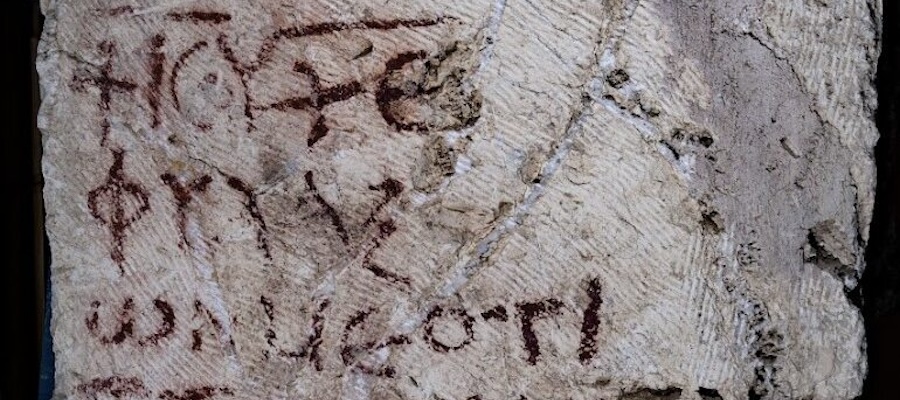Panel # 1: Conflicting Approaches to Late Antique Epigraphy 1: The Byzantine East (Session 1004)
Organized by Rachael Helen Banes, Austrian Academy of Sciences
Inscriptions are static, but their interpretation is fluid. Conflict and contradiction in epigraphic texts and how we read them are common and have significant impact on our understanding of the past. However, we believe such tension is valuable for driving the development of new methods for thinking about inscribed texts. These sessions bring together inscriptions that resist definition and invite such conflicting approaches. Each paper in this panel, which focuses on the eastern Mediterranean, illustrates the creative potential of embracing the multivalent nature of epigraphy, with particular emphasis on the importance of situating texts in their material and visual contexts.
This session is one of two parallel panels exploring the Eastern and Western Mediterranean respectively.
Panel #2: Breaking Points: Reaction to Change in Byzantine Art & Literature, 10th—13th c. CE (Session 1143)
Organized by Joseph Kopta, Temple University and Ugo Mondini, University of Oxford
Change can be perceived as a crisis when those benefiting from the status quo believe that the foundation of their culture is at stake. At the same time, it allows new opportunities to enter the dominant culture, and with them a new aesthetic. Modern scholarship frequently conceptualizes similar moments as ‘breaking points’ in art and literature.
This panel showcases Byzantine artistic production as a case study to assess change and its impact on premodern cultures. The focus is on the tools of art and literature and their use, both as evidence of change and as instruments to engage new audiences.
